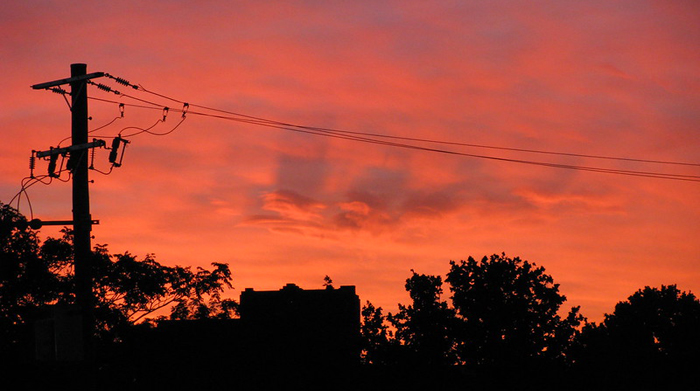Utilities Take on the Underground Cable Challenge

Image courtesy of Gavin Anderson under Attribution-ShareAlike 2.0 Generic License, resized to 700 x 391 pixels.
Two large, prominent and well-known electric utilities have agreed to participate in the Duquesne Light Company’s (DCL’s) “Monitoring Electrical Cable Challenge,” which offers a total award pool of $750,000 to accomplish the goal of developing a more reliable underground power line network in and around the Pittsburgh, PA region. The 2 participating utilities are Illinois-based Commonwealth Edison (ComEd), which is owned by Exelon, and California-based Pacific Gas and Electric Company (PG&E).
Details of the Underground Cable Challenge
DCL launched the multi-phase program in Dec. 2021. The first phase involved soliciting ideas and solutions from a variety of companies and individuals for monitoring medium voltage power cables underground, with the goal to improve underground service reliability. Five finalists were ultimately selected to proceed into the next phase – developing proofs of concept. Each of the 5 finalists also shared in the total phase-1 prize of $50,000.
The finalists will be submitting technical specifications, test plans and building prototypes though the end of 2022, and the top-2 selected finalists will then be allowed to execute a live pilot to test their solutions in early 2023. Based on the results of the live pilot, the overall winner will be determined. The 5 finalists are SENTIR, SCG, Hyperion, Kinectrics, and Top Solvers.
ComEd and PG&E will be participating by providing testing guidance to the finalists and evaluating the pilot’s results. These companies may also choose to utilize the cable challenge winner’s solution within their own service territories!
In the final analysis, initiatives like DCL’s underground cable challenge are extremely valuable when it comes to emergency preparedness within the utility industry. These types of initiatives are great for spurring industry innovation because various outside viewpoints are represented. It truly helps stimulate “out of the box” thinking. And any innovation that improves reliability is of course extremely helpful when it comes to reducing or preventing outages.



